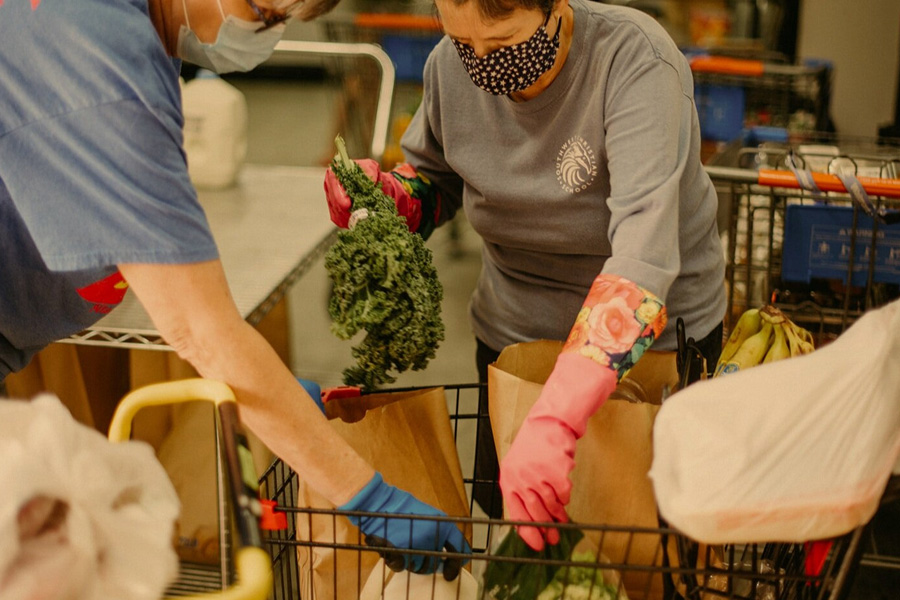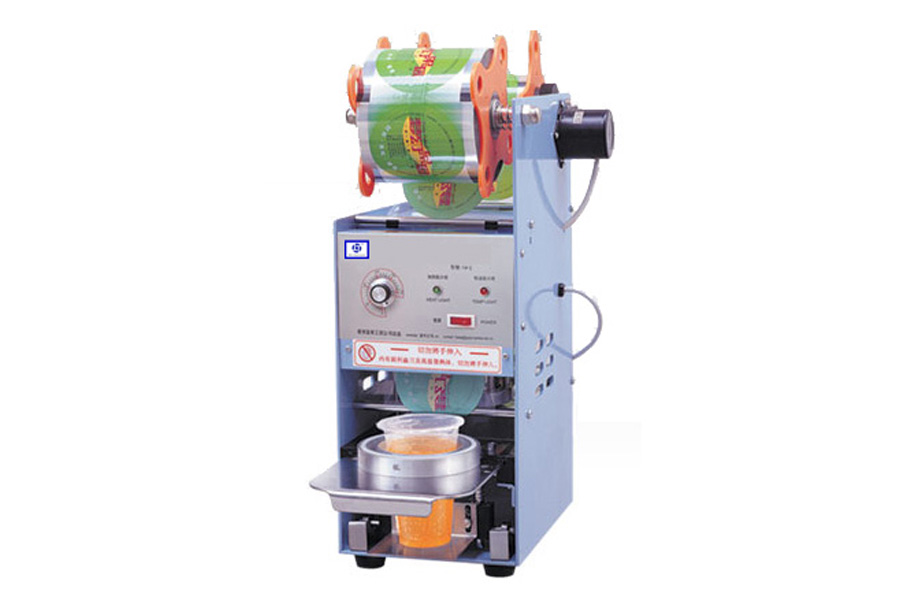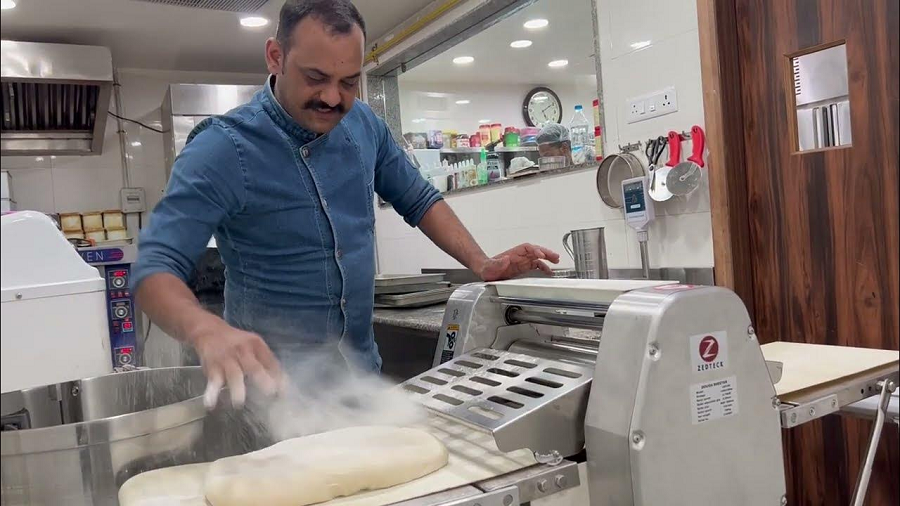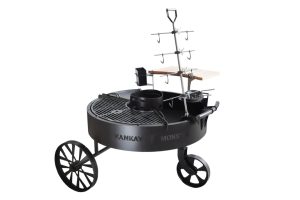Fighting Hunger In Denver: The Role Of Food Pantries In Tackling Food Insecurity
Denver, like millions of Americans, faces food insecurity. While many individuals and families in the city enjoy a stable food supply, countless others struggle to make ends meet. In fact, recent studies have shown that food insecurity affects one in ten people in Denver, with children and the elderly being among the most vulnerable groups. However, Denver’s food pantries play a vital role in addressing this challenge by providing much-needed support to those facing hunger and ensuring that no one has to go without a meal.
What Is Food Insecurity?
Food insecurity means not having enough food to live well. It can appear in families skipping meals or eating fewer nutritious foods or individuals eating unhealthy food due to inadequate resources. The causes of food insecurity are multifaceted, including poverty, unemployment, high living costs, and unforeseen circumstances like medical emergencies or natural disasters. Denver citizens have trouble eating healthy due to a lack of cheap housing and good jobs.
The Growing Need For Food Pantries
Food pantries in Denver serve as essential safety nets, offering emergency food assistance to those in need. Non-profits, community groups, and religious institutions administer these pantries, which depend on donations from individuals, local companies, and food drives. In a city like Denver, where economic disparities exist between neighborhoods, food pantries help level the playing field by providing access to basic necessities for low-income families.
The need for food pantry Denver services has grown over the years, especially during times of economic uncertainty or social upheaval. For example, during the COVID-19 pandemic, food insecurity rates surged as many people lost their jobs or faced financial hardships. During these difficult times, food pantries were often the only lifeline for families struggling to put food on the table.
How Food Pantries Operate In Denver?
Food pantries in Denver typically operate by providing free groceries to individuals and families who meet certain income guidelines. Clients can visit a pantry once a week or month, depending on the organization’s policy, and receive a selection of staple items like canned goods, bread, fresh produce, dairy, and meat. Some pantries offer age-appropriate or medically essential food programs for elders or children.
One of the key benefits of food pantries is that they offer dignity and choice to those experiencing hunger. Unlike food banks, which distribute bulk food to organizations that then hand it out, food pantries allow clients to choose their own groceries based on what they need and prefer. This empowers people and reduces food aid stigma.
Many food pantries offer nutrition education, aid with SNAP, and referrals to other social services in addition to food. This holistic approach guarantees clients receive food and support to improve their long-term health.
The Impact Of Food Pantries In Denver
Food pantries in Denver have a significant impact on the community. They help thousands of people avoid hunger and improve their health by offering emergency food assistance. Food pantries also alleviate food insecurity-related stress and anxiety, improving mental health for recipients.
Moreover, food pantries foster a sense of community by encouraging volunteerism and donations. Many of the staff members at Denver’s food pantries are local residents who are passionate about helping others. Volunteering at a food pantry is not only a way for individuals to give back, but it also strengthens social bonds and promotes community resilience.
How You Can Help?
Denver food pantries do a great job-fighting hunger, but they need community support. These organizations need financial and in-kind donations to satisfy rising demand. Some of the most needed items include non-perishable foods like canned beans, pasta, and rice, as well as fresh produce and dairy products. Many food pantries also accept personal hygiene items, diapers, and baby formula.
Volunteering your time is another powerful way to support food pantries in Denver. Volunteers sort and distribute food, organize food drives, and assist clients. Helping food-insecure people for a few hours a week or month can make a tremendous difference.
Conclusion
Food insecurity is a complex problem that affects many families in Denver, but food pantries are making a tangible difference by providing emergency assistance and fostering community support. As the need for food assistance grows, food pantries become increasingly more important in ensuring no Denver resident goes hungry. By supporting these organizations through donations and volunteer work, we can help combat hunger and make a positive impact on the lives of those in need. Our community can be stronger and more compassionate, with everyone getting the nutrition they need.





Post Comment
You must be logged in to post a comment.